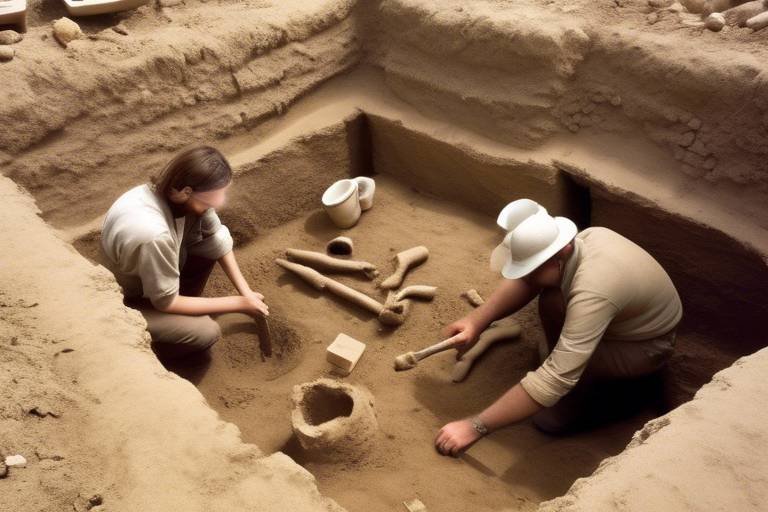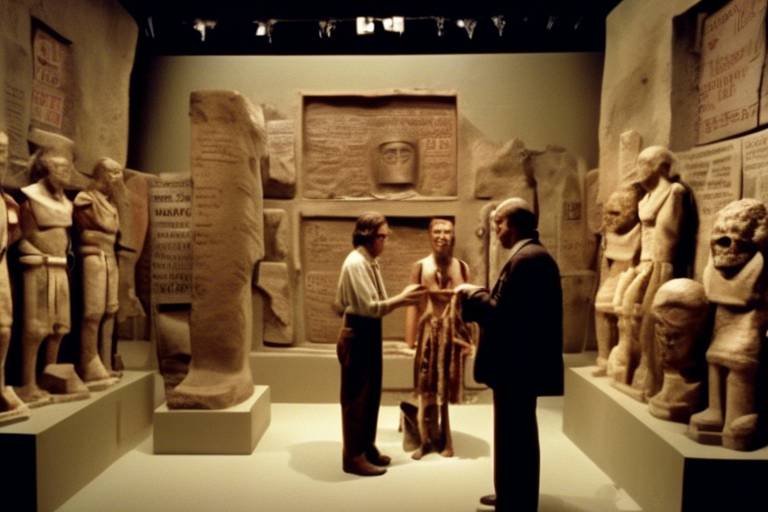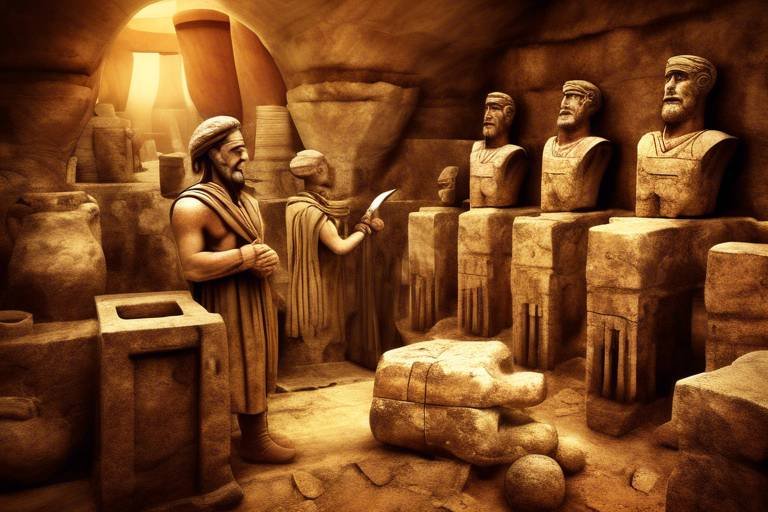The Ethics of Archaeological Excavation
Archaeological excavation is a fascinating journey into the past, uncovering ancient mysteries and shedding light on civilizations long gone. However, beneath the thrill of discovery lies a complex web of ethical considerations that archaeologists must navigate with care and respect.
When archaeologists embark on excavation processes, they are not just digging up artifacts; they are delving into the cultural heritage of a society, preserving its history for future generations. The cultural heritage preservation aspect of excavation involves more than just unearthing relics – it requires meticulous conservation, detailed documentation, and sustainable management of archaeological finds to ensure their integrity and longevity.
One of the most pressing ethical dilemmas in archaeology revolves around indigenous rights. As excavations often intersect with lands inhabited by indigenous communities, questions of ownership, repatriation of artifacts, and collaboration with indigenous groups arise. How can archaeologists engage in respectful dialogue with indigenous peoples, honoring their heritage and involving them in research and preservation efforts?
Another critical issue facing archaeologists is looting prevention. The illicit trade of archaeological artifacts not only robs the past of its treasures but also erases valuable historical context. To combat looting, legal frameworks, public awareness campaigns, and international cooperation are essential tools in safeguarding archaeological sites and artifacts from exploitation.
Community engagement is key to ethical excavation practices, as engaging with local communities fosters mutual respect, cultural sensitivity, and knowledge sharing. How can archaeologists build meaningful relationships with communities near excavation sites, ensuring that their voices are heard and their cultural heritage is respected?
Environmental responsibility plays a crucial role in archaeological excavations, as minimizing ecological damage and promoting sustainable practices are essential for preserving archaeological sites for future study. Conducting thorough environmental impact assessments and implementing conservation measures are vital steps in ensuring that excavation activities do not harm the natural surroundings.
Interpreting and publishing archaeological data also raise ethical challenges, such as ensuring transparency, avoiding bias, and responsibly disseminating research findings. How can archaeologists present their discoveries in a way that is both accurate and accessible to the public and academic community?
The source of funding and sponsorship in archaeological excavations can introduce ethical dilemmas, including conflicts of interest, financial transparency, and external influence on research outcomes. Maintaining integrity and adhering to ethical guidelines are paramount in ensuring that archaeological research remains unbiased and objective.
Professional standards and codes of conduct serve as guiding principles for archaeologists, emphasizing integrity, accountability, and ethical behavior in the field. Upholding these standards is essential for maintaining the credibility and trustworthiness of archaeological practices.
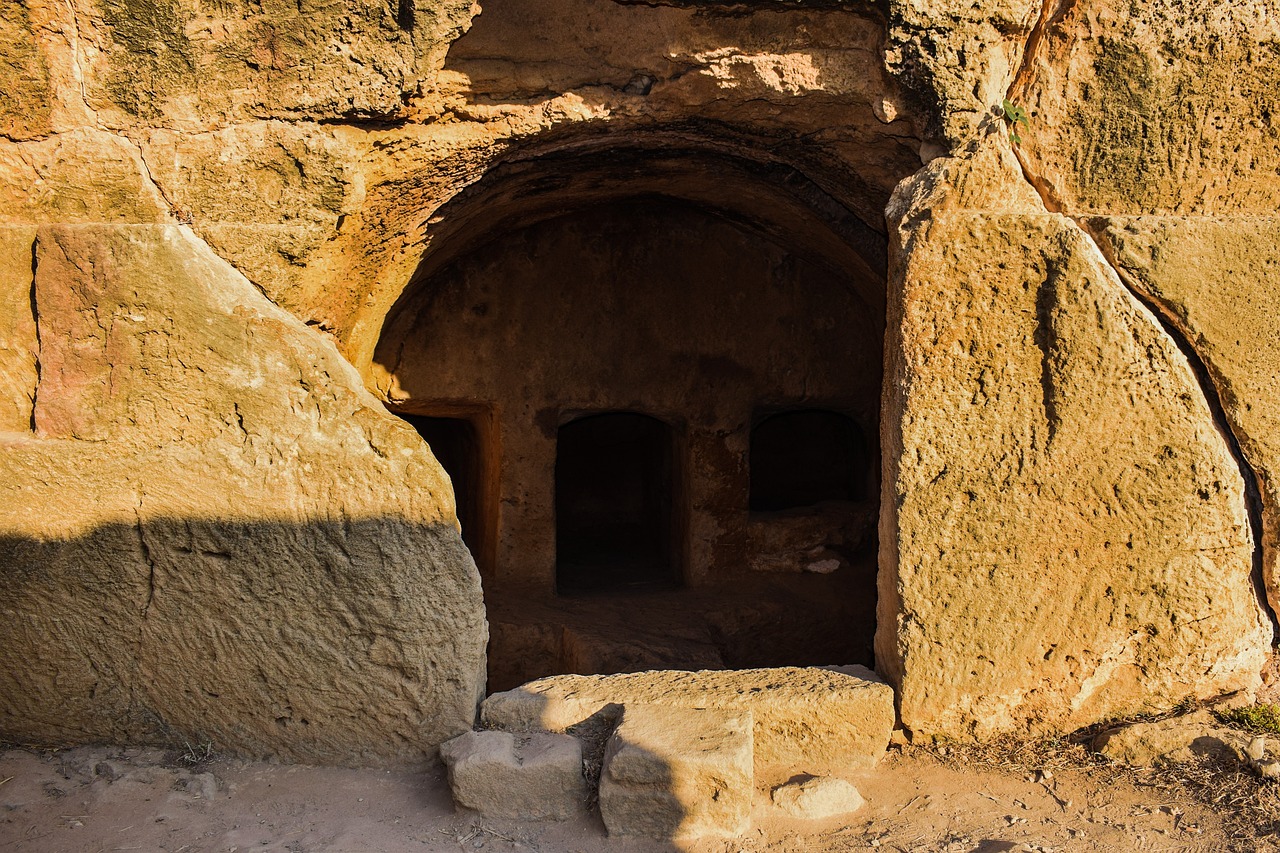
Cultural Heritage Preservation
Exploring the ethical considerations and dilemmas faced by archaeologists during excavation processes, including issues related to cultural heritage preservation, indigenous rights, looting prevention, and respectful engagement with local communities.
When it comes to in the realm of archaeological excavations, the significance of safeguarding historical sites cannot be overstated. It involves not just digging up artifacts but ensuring their long-term conservation and protection for future generations to appreciate. Archaeologists employ various strategies for this purpose, including meticulous documentation of findings, conservation techniques to prevent deterioration, and sustainable management practices to ensure the site's integrity over time.
In essence, it's akin to being a guardian of history, entrusted with the responsibility of maintaining a delicate balance between exploration and preservation. Just like a skilled artisan delicately restores a fragile artifact, archaeologists must delicately handle and preserve cultural treasures unearthed from the depths of time.
Imagine a time capsule buried beneath layers of earth, waiting to reveal its secrets to those who unearth it. This is the essence of cultural heritage preservation in archaeological excavations - a delicate dance between uncovering the past and protecting it for the future.
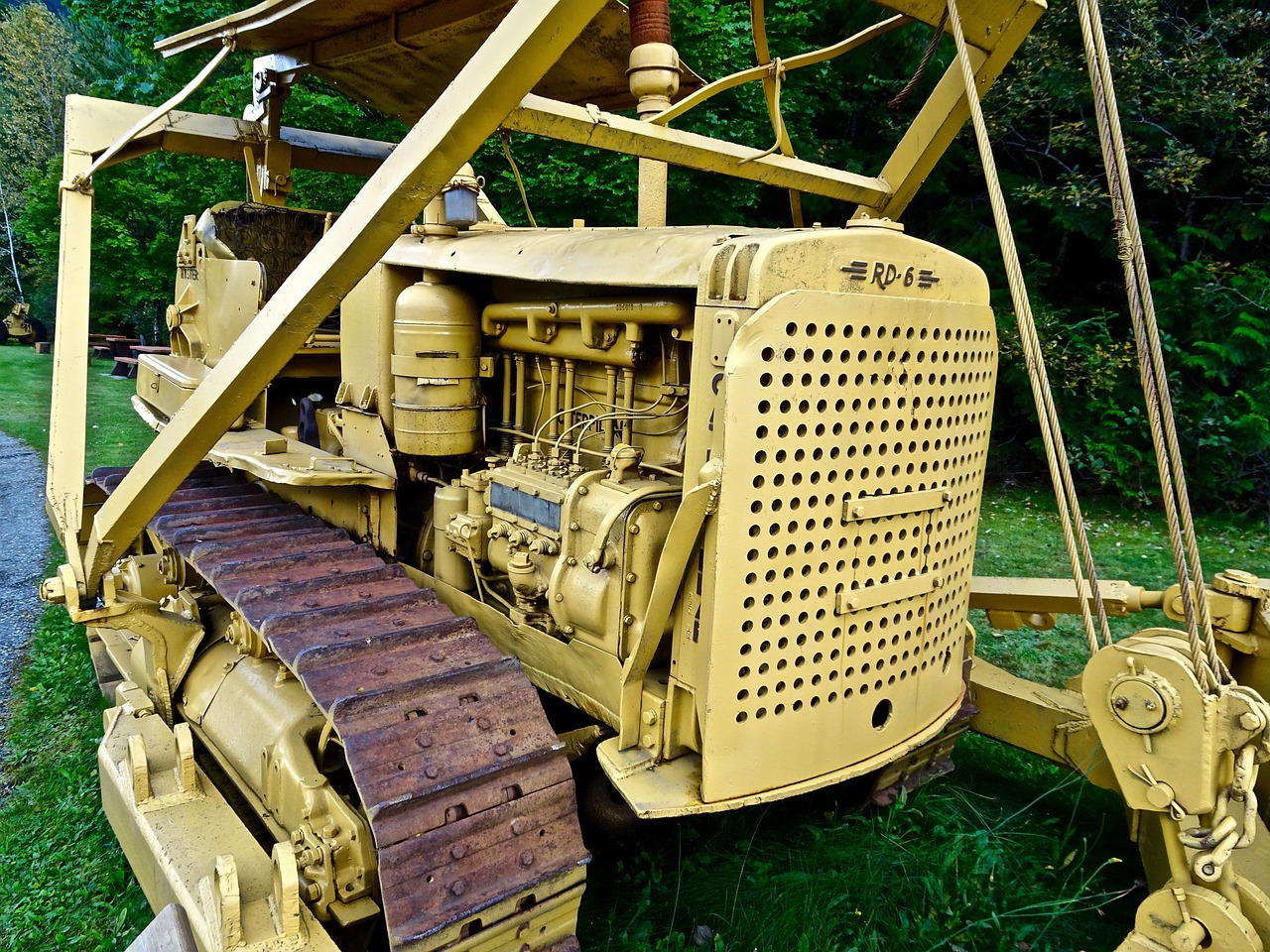
Indigenous Rights
When it comes to archaeological excavations, the rights of indigenous communities play a crucial role in shaping ethical practices. Indigenous peoples often have deep connections to the land and cultural heritage sites that archaeologists seek to explore. Therefore, it is essential to consider the impact of excavation activities on these communities and involve them in the decision-making process.
One of the key issues in indigenous rights is the ownership of artifacts and human remains uncovered during excavations. Many indigenous groups advocate for the repatriation of these items, believing that they should be returned to their rightful communities for proper burial or display. Collaboration with indigenous groups in research and preservation efforts is vital to ensure that their perspectives and voices are respected and included in the archaeological process.
Respectful engagement with indigenous communities goes beyond consultation; it involves building meaningful relationships based on trust and mutual understanding. Archaeologists must approach indigenous knowledge with humility and openness, recognizing the value of traditional practices and oral histories in interpreting archaeological findings.
Furthermore, addressing the legacy of colonialism and past injustices is essential in promoting ethical excavation practices. Archaeologists must acknowledge and rectify the historical exploitation of indigenous lands and resources, working towards a more equitable and inclusive approach to archaeological research.
By upholding the rights of indigenous communities, archaeologists can contribute to the preservation of cultural heritage in a way that respects the diversity and richness of indigenous cultures. Through collaboration, mutual respect, and shared decision-making, archaeological excavations can become a platform for fostering understanding and reconciliation between different cultural groups.
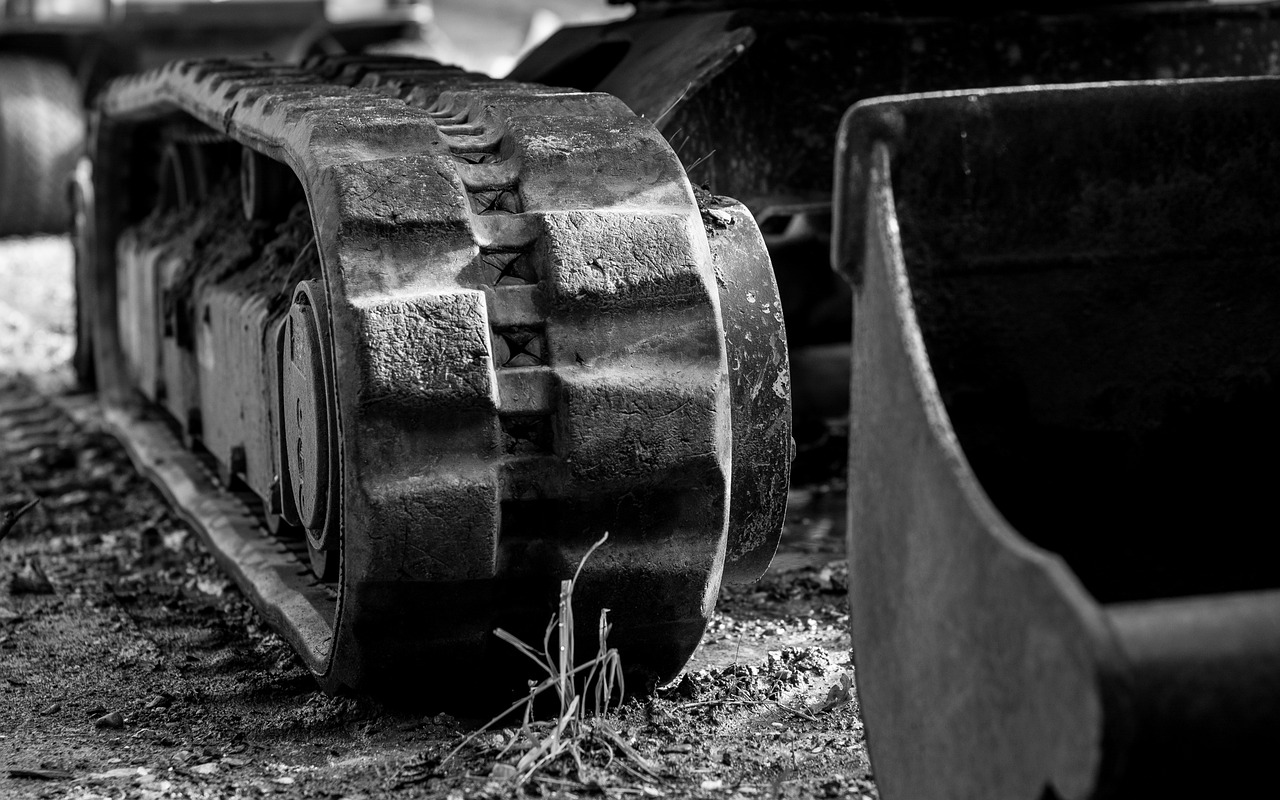
Looting Prevention
When it comes to archaeological excavations, one of the most pressing issues that researchers face is the prevention of looting. Looting, the illegal and unauthorized removal of artifacts from archaeological sites, not only results in the loss of valuable historical and cultural information but also contributes to the destruction of irreplaceable heritage.
Efforts to prevent looting involve a multi-faceted approach that combines legal measures, public awareness campaigns, and international cooperation. Establishing and enforcing strict laws and regulations that prohibit the unauthorized removal of artifacts is crucial in deterring looters and protecting archaeological sites.
Public awareness campaigns play a significant role in educating the general population about the importance of preserving archaeological sites and the consequences of looting. By raising awareness about the cultural significance of these sites, communities can become more actively involved in their protection.
International cooperation among countries is essential in combating the illicit trade of looted artifacts. By working together to track and recover stolen cultural property, nations can prevent the illegal trafficking of archaeological treasures across borders.
Moreover, engaging with local communities is vital in the fight against looting. By involving community members in the preservation and management of archaeological sites, researchers can build a sense of ownership and pride, leading to increased vigilance against looting activities.
Overall, preventing looting requires a collaborative effort that involves legal, educational, and community-based initiatives. By addressing the root causes of looting and promoting ethical practices in archaeological excavations, researchers can safeguard our shared cultural heritage for future generations.
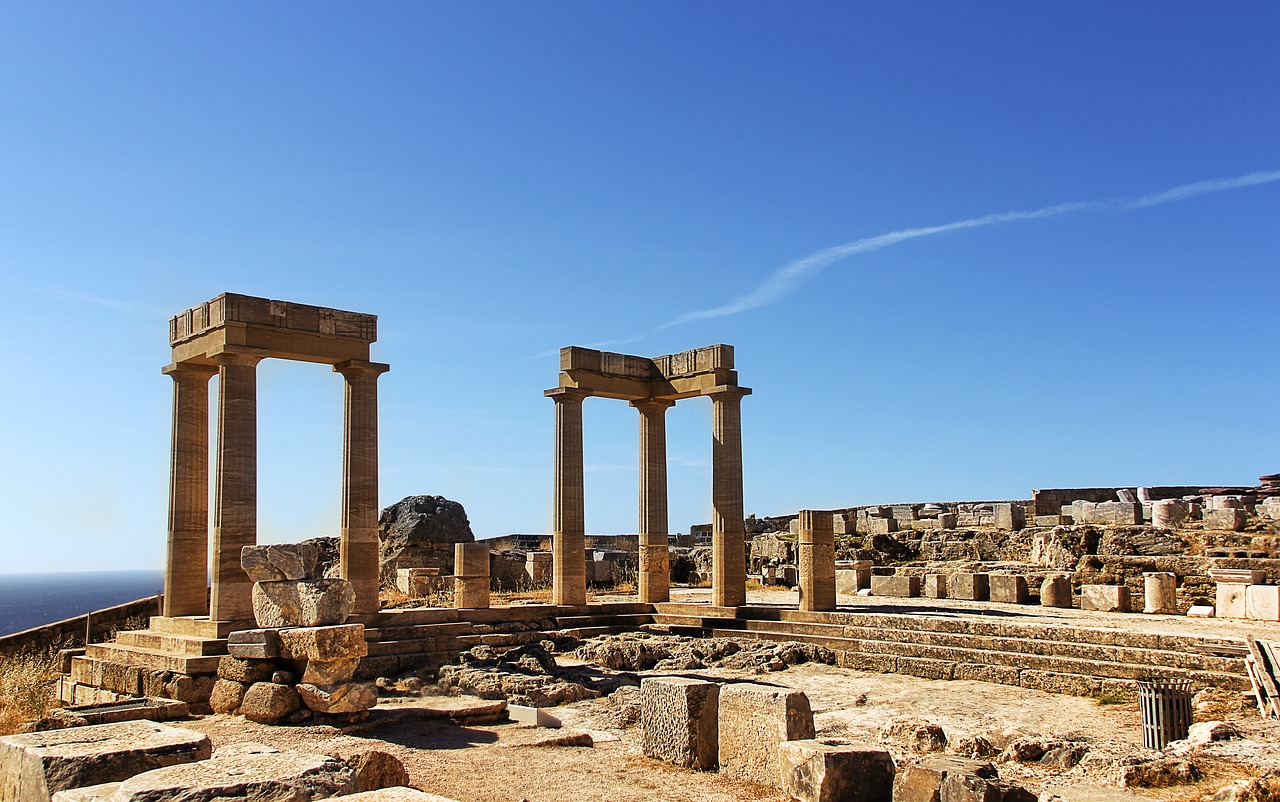
Community Engagement
Community engagement plays a crucial role in archaeological projects, fostering mutual respect, cultural sensitivity, and knowledge sharing between archaeologists and local communities. By involving community members in excavation processes, archaeologists can gain valuable insights, local knowledge, and perspectives that enrich the understanding of the site's significance.
One effective way to engage with local communities is through collaborative decision-making processes, where community members are actively involved in project planning, implementation, and interpretation of findings. This approach not only empowers local stakeholders but also ensures that their voices are heard and respected throughout the excavation process.
Furthermore, establishing transparent communication channels and fostering trust are essential components of successful community engagement in archaeology. By building strong relationships based on openness, honesty, and inclusivity, archaeologists can create a supportive environment for collaboration and knowledge exchange.
It is also important to recognize the cultural heritage of the local communities and involve them in the preservation and promotion of their heritage. This can be achieved through educational initiatives, capacity-building programs, and cultural heritage awareness campaigns that empower communities to take ownership of their past and actively participate in its conservation.
By prioritizing community engagement in archaeological excavations, archaeologists not only uphold ethical standards but also contribute to the long-term sustainability of heritage preservation efforts. Through respectful engagement with local communities, archaeologists can ensure that the benefits of excavation projects are shared equitably and that cultural heritage is preserved for future generations.
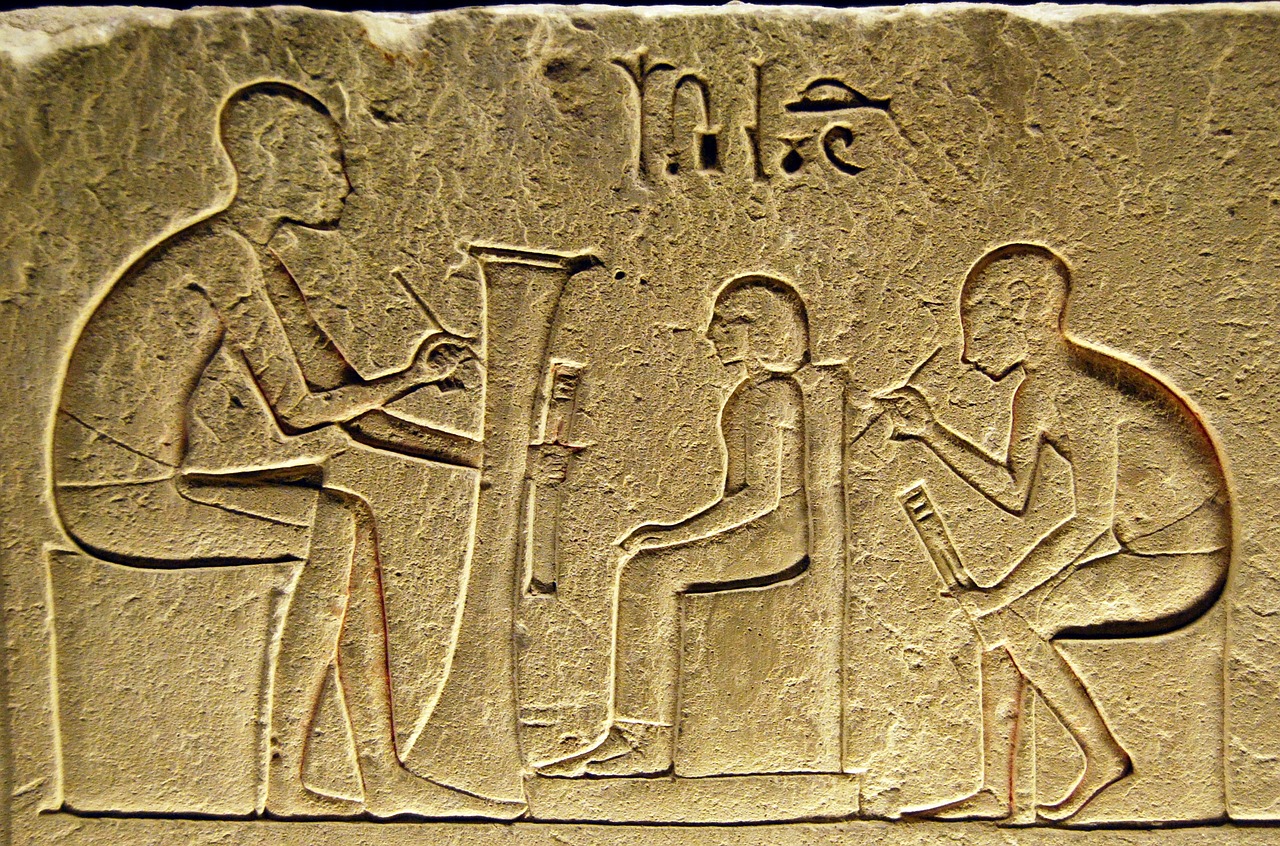
Environmental Responsibility
When it comes to archaeological excavations, environmental responsibility plays a crucial role in ensuring the preservation of not only cultural heritage but also the natural environment surrounding excavation sites. Archaeologists are not only stewards of history but also caretakers of the land they work on. It is essential to conduct thorough environmental impact assessments before initiating any excavation to minimize ecological damage and ensure sustainable practices.
One key aspect of environmental responsibility in archaeology is site conservation. This involves implementing measures to protect the physical integrity of the excavation site and surrounding areas. By employing techniques such as backfilling, erosion control, and vegetation restoration, archaeologists can mitigate the impact of their activities on the environment.
Moreover, minimizing the use of heavy machinery and adopting manual excavation methods whenever possible can reduce the carbon footprint of archaeological projects. By prioritizing hand tools and traditional excavation techniques, archaeologists can limit the disturbance to the natural landscape and promote eco-friendly practices.
Collaboration with environmental experts and conservationists is also crucial in ensuring that archaeological excavations are conducted in harmony with nature. By consulting with professionals in fields such as ecology, geology, and environmental science, archaeologists can gain valuable insights into how their work may affect the local ecosystem and take proactive measures to mitigate any negative consequences.
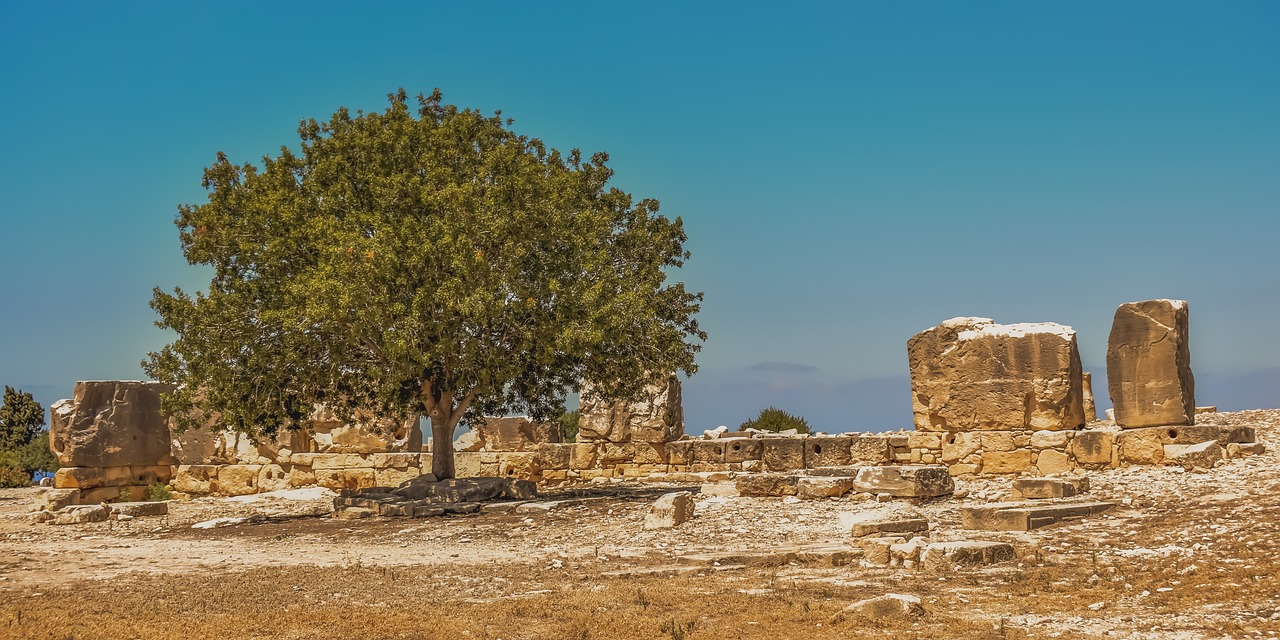
Data Interpretation and Publication
When it comes to data interpretation and publication in the field of archaeology, ethical considerations play a crucial role in ensuring the integrity and accuracy of research findings. Archaeologists are tasked with analyzing vast amounts of data collected during excavation processes, ranging from artifacts and ecofacts to stratigraphic information and scientific analyses. It is essential to approach data interpretation with rigor and objectivity, avoiding biases and assumptions that could skew the results.
Transparency is key in the interpretation of archaeological data. Researchers must clearly document their methods, assumptions, and limitations to provide a comprehensive understanding of how conclusions were reached. This transparency not only fosters trust within the academic community but also allows for scrutiny and validation of the findings by peers and experts in the field.
Publication of archaeological research findings is a critical step in sharing knowledge and contributing to the collective understanding of the past. When preparing research for publication, archaeologists must adhere to academic standards and peer-review processes to ensure the quality and accuracy of their work. This involves submitting findings to reputable journals, presenting data in a clear and accessible manner, and citing sources appropriately to give credit to previous research.
Moreover, responsible dissemination of research findings to the public is essential in promoting public engagement and education about archaeology. Communicating complex archaeological concepts in an understandable way to a broader audience fosters appreciation for cultural heritage and the significance of archaeological research. It also helps to combat misconceptions and promote informed discussions about the past.
In conclusion, ethical data interpretation and publication are fundamental aspects of archaeological practice that uphold the integrity and credibility of research outcomes. By following ethical guidelines, maintaining transparency, and engaging with both academic and public audiences, archaeologists can contribute meaningfully to the field and promote a deeper understanding of our shared human history.
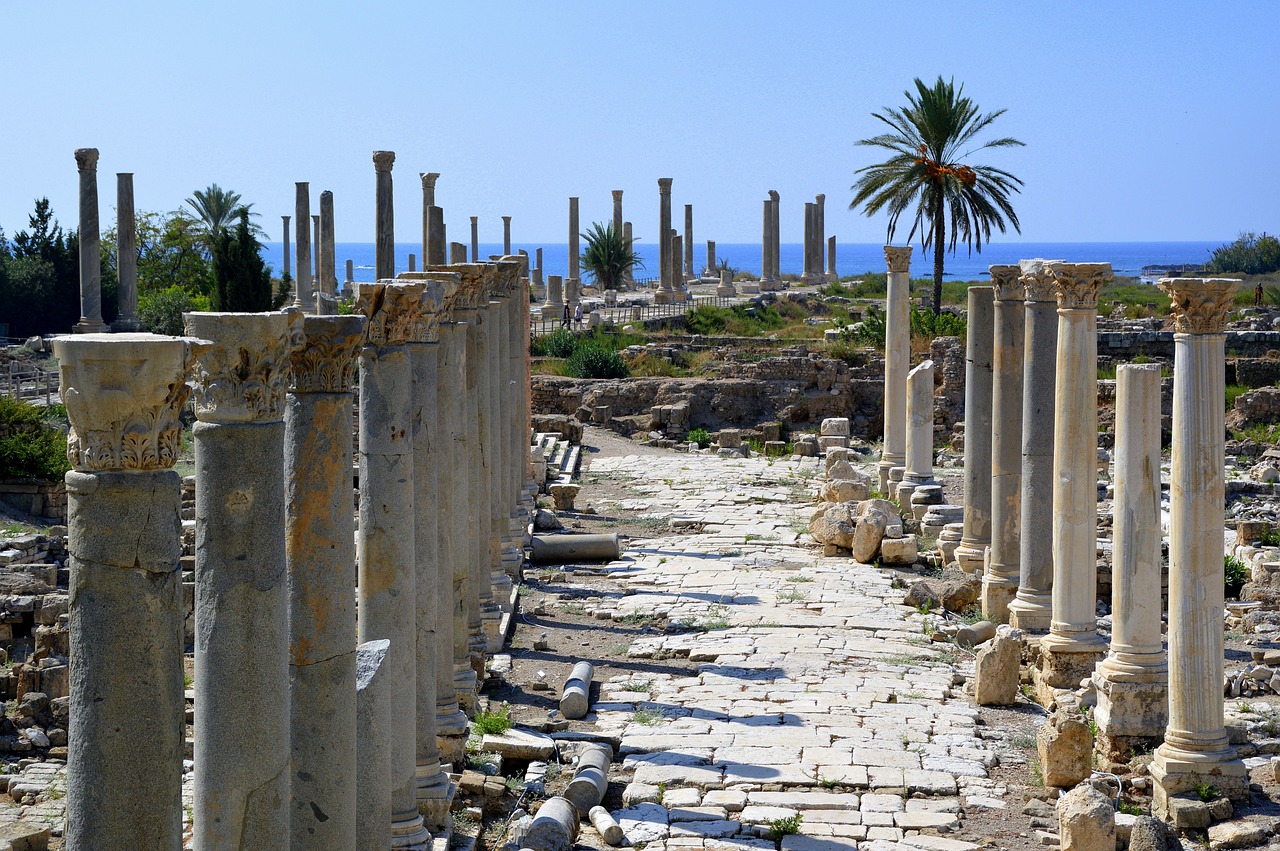
Funding and Sponsorship
When it comes to archaeological excavations, funding and sponsorship play a crucial role in shaping the research outcomes and project sustainability. The financial support provided by various sources can significantly impact the direction and scope of archaeological investigations. However, the ethical dilemmas associated with funding sources and sponsorship are complex and multifaceted.
One of the primary concerns related to funding in archaeology is the potential for conflicts of interest. External funding sources may have specific agendas or interests that could influence the research objectives or outcomes of an excavation project. Maintaining financial transparency and independence is essential to ensure the integrity and credibility of archaeological findings.
Moreover, the influence of sponsors on the decision-making process during excavations raises questions about the autonomy and impartiality of archaeological investigations. Researchers must navigate the delicate balance between financial support and academic freedom to uphold ethical standards in their work.
Another aspect to consider is the need for accountability in disclosing funding sources and potential conflicts of interest. Clear guidelines and ethical frameworks should be established to regulate sponsorship agreements and ensure that archaeological projects remain impartial and objective in their research methodologies and interpretations.
Furthermore, the sustainability of funding sources over the long term is crucial for the continuity of archaeological excavations and research initiatives. Securing stable financial support is essential to carry out comprehensive and in-depth investigations that contribute to the advancement of archaeological knowledge and understanding of the past.
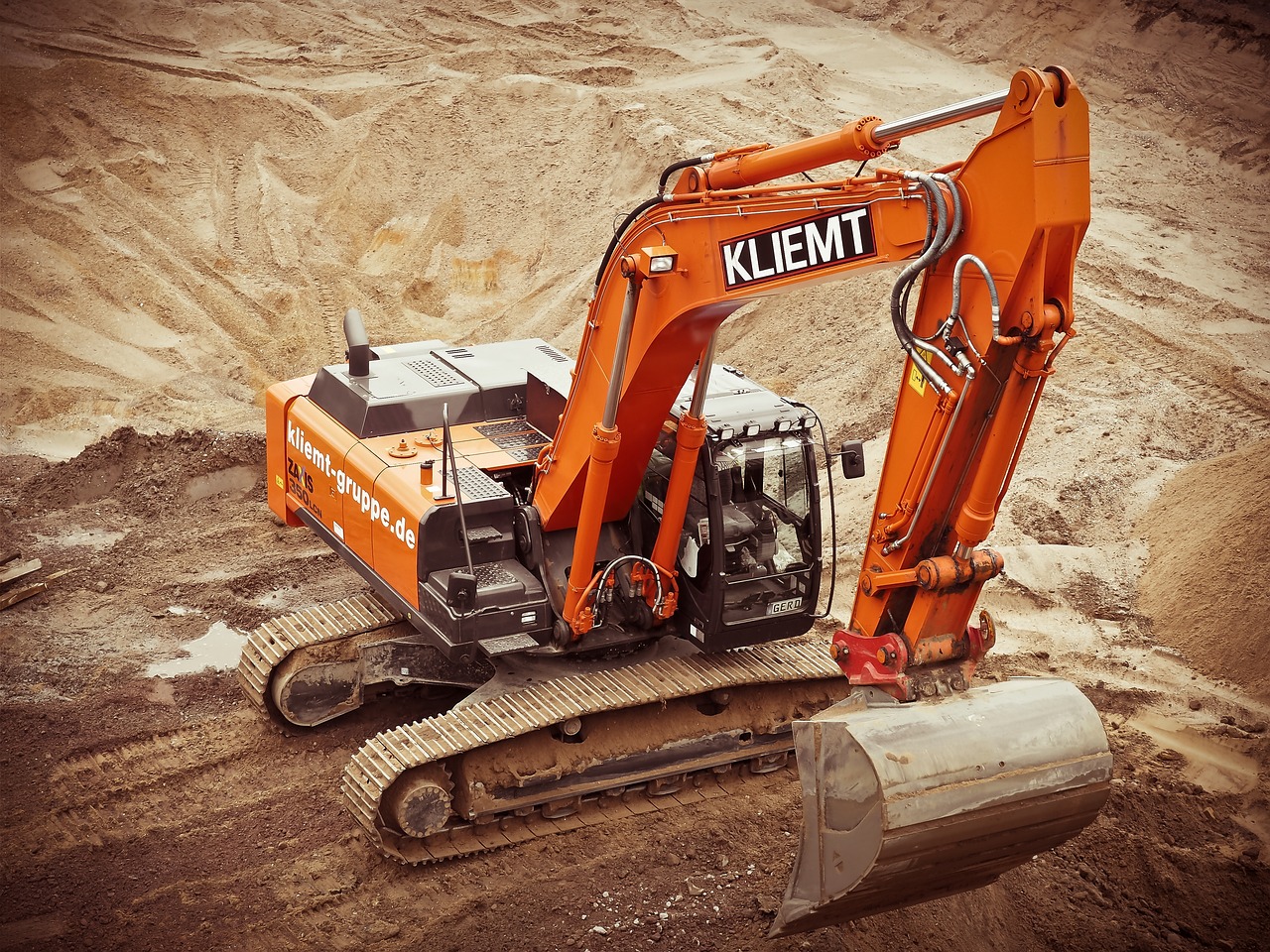
Professional Standards and Codes of Conduct
Exploring the ethical considerations and dilemmas faced by archaeologists during excavation processes, including issues related to cultural heritage preservation, indigenous rights, looting prevention, and respectful engagement with local communities.
Professional standards and codes of conduct play a crucial role in guiding the practices of archaeologists during excavation projects. These ethical guidelines are designed to ensure integrity, accountability, and adherence to best practices in the field of archaeology. By following established standards, archaeologists uphold the reputation of their profession and demonstrate a commitment to ethical conduct.
One key aspect of professional standards is the emphasis on transparency in research practices. Archaeologists are expected to accurately document their excavation processes, findings, and interpretations to facilitate peer review and ensure the reproducibility of research outcomes. This transparency fosters trust within the academic community and promotes the advancement of archaeological knowledge.
In addition to transparency, codes of conduct also address issues of cultural sensitivity and respect for local communities. Archaeologists are encouraged to engage with indigenous groups and other stakeholders in a collaborative and inclusive manner, seeking input and feedback throughout the excavation process. By valuing community perspectives and knowledge, archaeologists can enrich their research and contribute to meaningful cultural exchange.
Moreover, professional standards guide archaeologists in the responsible handling and preservation of archaeological materials. Proper conservation techniques, storage facilities, and documentation practices are essential to safeguarding artifacts for future generations and ensuring their integrity as historical resources. By prioritizing the protection of cultural heritage, archaeologists fulfill their ethical duty to preserve and promote the value of archaeological discoveries.
Another critical aspect of professional standards is the commitment to ongoing education and professional development. Archaeologists are encouraged to stay informed about the latest research methods, technologies, and ethical debates in the field. By continuously updating their skills and knowledge, archaeologists can enhance the quality of their work and contribute to the advancement of archaeological science.
In summary, professional standards and codes of conduct serve as essential guidelines for archaeologists to uphold ethical principles, maintain integrity in their research practices, and foster positive relationships with stakeholders. By adhering to these standards, archaeologists demonstrate a commitment to ethical excavation practices and contribute to the responsible stewardship of cultural heritage.
Frequently Asked Questions
- What are the key ethical considerations in archaeological excavation?
Archaeological excavation involves complex ethical dilemmas, including issues related to cultural heritage preservation, indigenous rights, looting prevention, community engagement, environmental responsibility, data interpretation, funding, and professional standards.
- How do archaeologists preserve cultural heritage sites during excavations?
Archaeologists employ various strategies for cultural heritage preservation, such as conservation techniques, meticulous documentation of findings, sustainable management practices, and collaboration with local communities to ensure the protection and longevity of archaeological sites.
- Why is it important to engage with local communities in archaeological projects?
Engaging with local communities is crucial in promoting mutual respect, cultural sensitivity, and knowledge sharing. It fosters positive relationships, ensures community involvement in decision-making processes, and contributes to ethical excavation practices that benefit both archaeologists and local stakeholders.
- How do archaeologists address the ethical challenges of interpreting and publishing data?
Archaeologists navigate ethical challenges in data interpretation and publication by striving for transparency, minimizing bias, upholding academic integrity, and responsibly disseminating research findings to the public and academic community. This ensures the accuracy and ethical dissemination of archaeological knowledge.
- What role do professional standards and codes of conduct play in guiding archaeological excavation practices?
Professional ethics and codes of conduct serve as essential guidelines for archaeologists, emphasizing integrity, accountability, and adherence to ethical principles in the field of archaeology. They help maintain high standards of practice, promote ethical behavior, and uphold the reputation of the archaeological profession.

